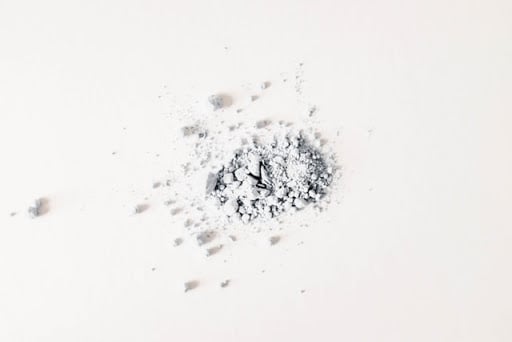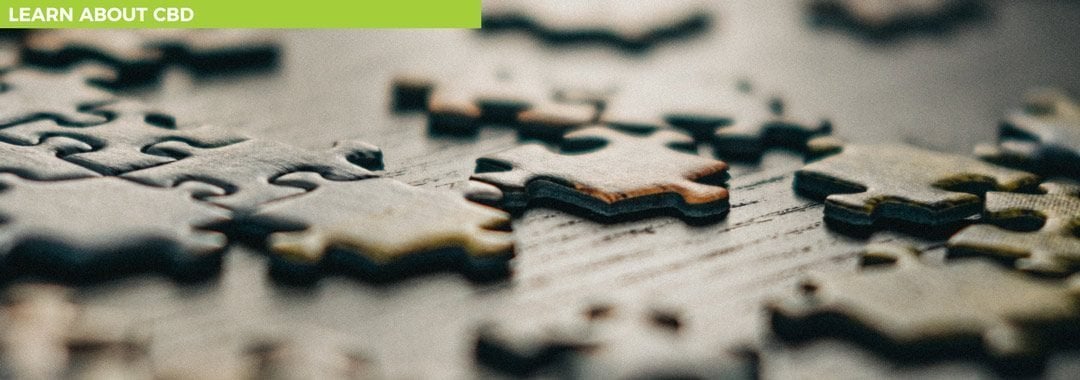No products in the cart.
Full Spectrum vs CBD Isolate
When it comes to choosing a CBD product, there are many factors to consider. Do you want capsules? A Tincture? A topical cream? Flavoring? Additional terpenes? How much CBD is the product? Most importantly, how was the CBD derived, and where does it come from?
CBD, or cannabidiol, is a phytocannabinoid that occurs naturally in hemp, and there are several different methods of extraction that it can go through before it is added to a product. The hemp oil that is produced from extraction is typically categorized by how much raw material remains after the process; it can be designated as either Full Spectrum, Broad Spectrum, or CBD isolate.
Full Spectrum vs Broad Spectrum
Beyond the major debate of Full Spectrum vs CBD Isolate, is less talked about option, Broad spectrum. This is hemp oil that is further extracted until there is no more THC; this process strips the oil of additional natural compounds and the entourage effect no longer applies. However, broad spectrum hemp extract still contains some phytocannabinoids like CBD, CBG, and CBC.

What is an Isolate?
Isolate is created through the continual extraction of hemp oil, using toxic solvents to strip away everything else until only the CBD compound remains. This means that CBD isolate contain none of the other phytocannabinoids, terpenes, or plant sterols that are found in full spectrum or broad spectrum hemp extracts.
When selecting a CBD product, it is helpful to consider whether that product is using a full or broad spectrum extract, or a CBD isolate, to determine which product best suits your needs.
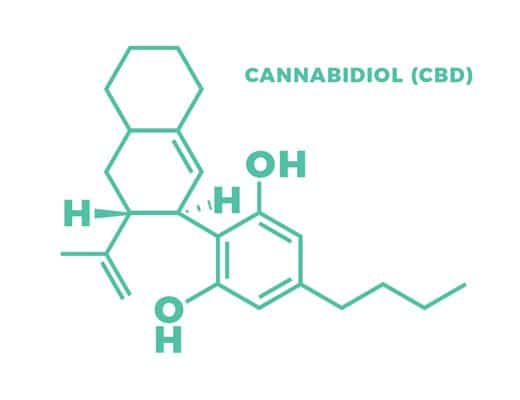
Pure isolate
Because full spectrum hemp oil has undergone a minimal amount of refinement, it is able to retain a wider range of its natural cannabinoids and terpenes. At the other end of the process, pure isolate is when the oil continues to be refined until it is finally reduced to a singular compound.
Pure CBD Isolate
With regard to CBD products, a pure isolate means that the only cannabinoid present will be CBD. Lately, there has also been an increase in demand for different kinds of cannabinoid isolates, such as CBG, CBC, CBN, and even THC. As further knowledge regarding the properties of cannabinoids continues to grow, it is likely that more and more cannabinoids will become available in pure isolate form.
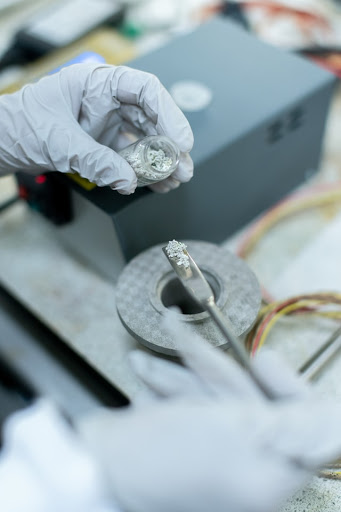
Isolate crystals
When a compound like CBD has been refined down to the single molecule, it can take the form of a crystalline solid. These isolate crystals are noted for their purity, as they typically consist of anywhere from at least 98-99.9% percent CBD.
CBD Isolate Crystals
Many people may prefer using isolate crystals, in part because they are able to provide a more exact form of measurement for the CBD. Trying to make a determination of measurement just using drops of a raw hemp oil may not be not as precise, because it also has many other compounds. Some users like to place the isolate crystals directly under their tongue, where they melt, and the compound is absorbed directly through the sublingual gland.
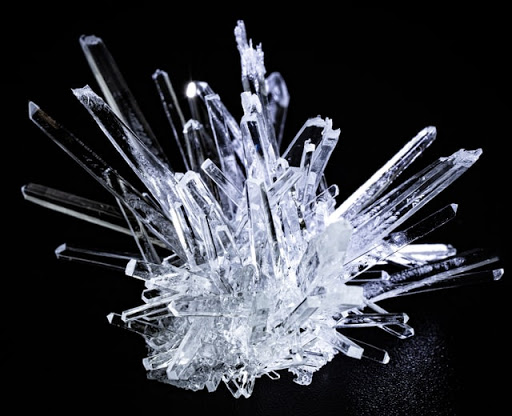
Isolate powder
Crystals can also be ground into a very fine, isolate powder. There are many advantages with using an isolate powder, depending on what it is being added to. Because hemp extract is not water soluble, it is not an ideal medium to use when crafting beverages that contain CBD. As everyone knows, oil and water do not mix, which is where isolate powder comes into play.
CBD Isolate Powder
Isolate powder CBD mixes more easily with water, so most CBD drinks tend to utilize an isolate powder rather than a full spectrum oil. One of the biggest advantages of isolate CBD is that it provides an option for consumers who are looking for something that does not contain any THC. Products that contain even trace amounts of THC may show up in a drug screening, but using an isolate cannabinoid compound can eliminate this concern.
